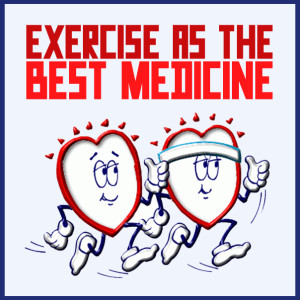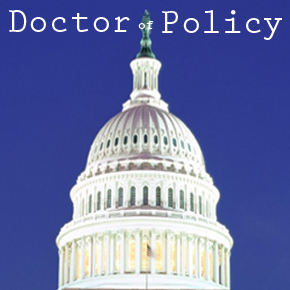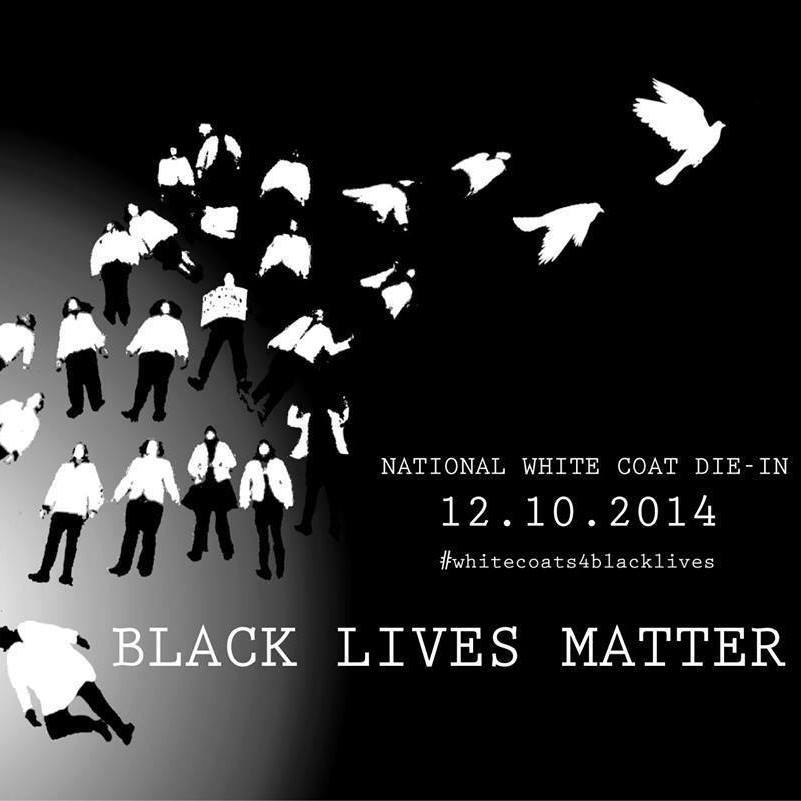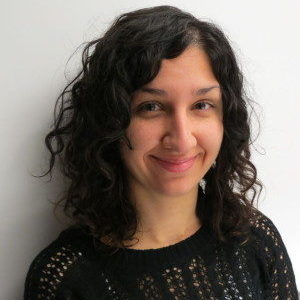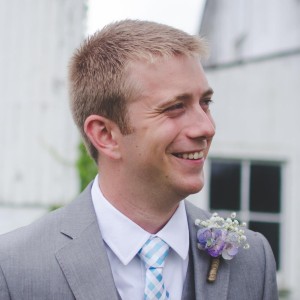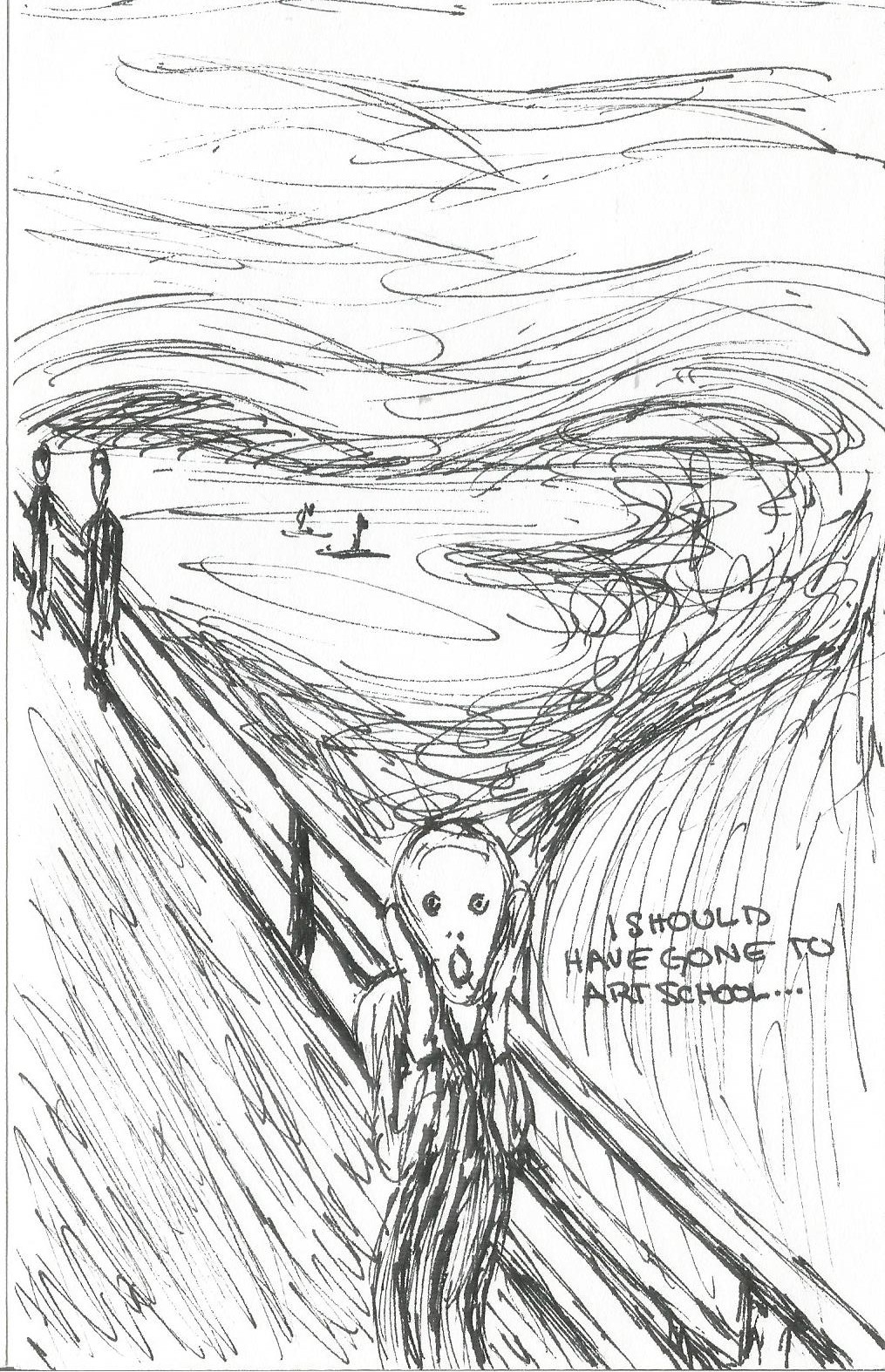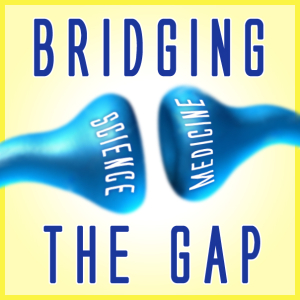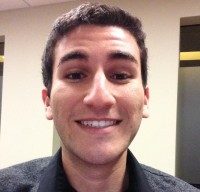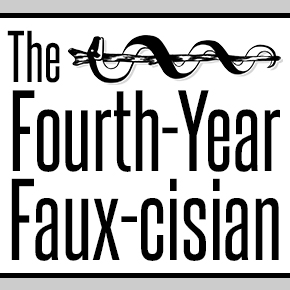Exercise for Better Sleep
Good sleep goes hand in hand with good health; after all, one-third of the day is spent in the state of non-wakefulness know as sleep. Whether this sleep is a peaceful slumber or ridden with multiple awakenings has great consequences for productivity, learning, attention and demeanor throughout the day. Thus, it is essential to maintain adequate sleep hygiene, and exercise can play a role in increasing restorative sleep — if done at the right time.




